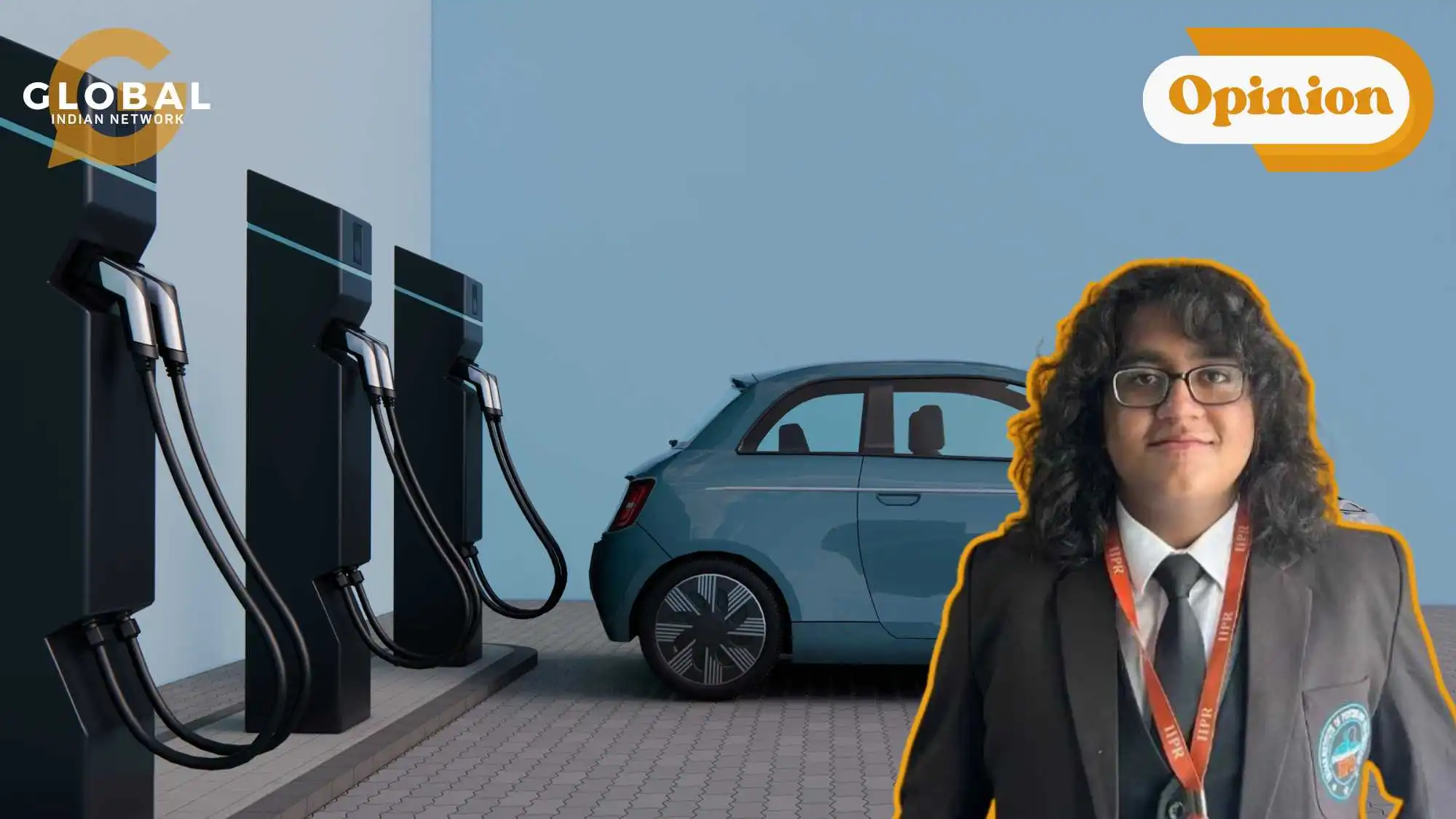On 30th November 1913, the world stood at the cusp of what would be the most revolutionary age in the automotive industry. The very next day, on December 1st, Henry Ford would go on to set up the world’s very first automotive assembly line. This invention would not only reduce the time it takes to build a car from over 12 hours to just over an hour and a half but also make them much cheaper to produce. The period that followed made automobiles readily available to the public and started the widespread popularisation of Internal Combustion Engine (or ICE) vehicles.
The Internal combustion engine has soldiered on to cement itself as perhaps the most important invention in the last century or so. But as all eras do, this one, too, is perhaps at its end.
Today, we find ourselves in a similar position to 1913, on the cusp of yet another revolution in the automobile industry, with EVs(Electric Vehicles) leading the green waves of change against the dominance of the ICE cars.
You Might Be Interested In: Official Unofficial COP26: Addressing Environmental Challenges and Climate Change
Most new inventions follow the trend of the ‘S curve.’ The basic ideology is that interest in innovations starts slowly and eventually builds as more resources are put into it. More Research and Development (R&D) leads to increased efficiency, which leads to cheaper prices, ultimately leading to the popularisation of the product, up until the point of stagnation, where everyone who wants to own the product owns it. We can see this pattern being true for the ICE cars that came before, the steam engine that came even before that, and the printing press that came even earlier. Currently, EVs sit at the shallow sloping bottom of the ‘S,’ patiently waiting for their moment to boom.
There is no point in resisting the EV revolution, which will, fortunately or unfortunately, lead to the death of the Internal Combustion Engine, a much less environmentally friendly vehicle, as EVs have zero emissions.
For the average Joe, an electric vehicle may seem more appealing and cheaper to run whilst also being much more environmentally friendly. Technological advancements and revolutions happen for a reason, and there is no denying that EVs are the future, but that certainly doesn’t mean that the ICE cars won’t be missed.
For the enthusiast, the death of the ICE is a real tragedy. Today's EVs lack the drama and theater of ICE-powered vehicles. The pumping action of each gear shift, the seething of the engine below you, the whirring that came each time you pressed on the accelerator pedal, the rising symphony as the tachometer bounces off the red line, and a teetering plunge into the intoxication of the power at your behest.
Each internal combustion engine has something different to offer. Be it the sound, the boundary of each gear, or the push of the torque, no experience of driving an ICE-powered car is ever the same. Pair that with the level of control that cars running these engines afford you, and it is not difficult to see why and how they become the ultimate chariot to paradise for enthusiasts.
Under the feet of capable and loving drivers, these cars ascend the title of machinery. They become engineered feats of greatness, and perhaps even more; they come alive. They transform into beasts, hungry and capable, rising to each beckoning as raised by the foot. Each gear change becomes a pounce towards their master’s desires, each whirr transforms into a roar, and each time the feet reach forward and press on the bottom of the pedal, their entire body trembles and shakes as if on a mission, preparing to take on any competitor who so dares.
While EVs still have a long way to go, there is no shame in mourning the potential of the ICE that was never reached. As great as the prospect of EVs may be, the real drama and theater of combustion engines shall perhaps never be reached. I will be very glad to be proven wrong, but I have little hope for personality-less electric-powered cars and the inevitability of the doom of the combustion engine.
However, until that day comes, I will revel in the orchestra that my combustion-powered engine produces and hope that the century they marked with iconic vehicles is remembered until oblivion.
Listen To This Podcast: Environmental Advocacy and National Identity: The Green Party Perspective with Pallavi Devulapalli
Let us know your thoughts in the comment section below. If you have any burning opinions or ideas to share, feel free to contact us at larra@globalindiannetwork.com.










